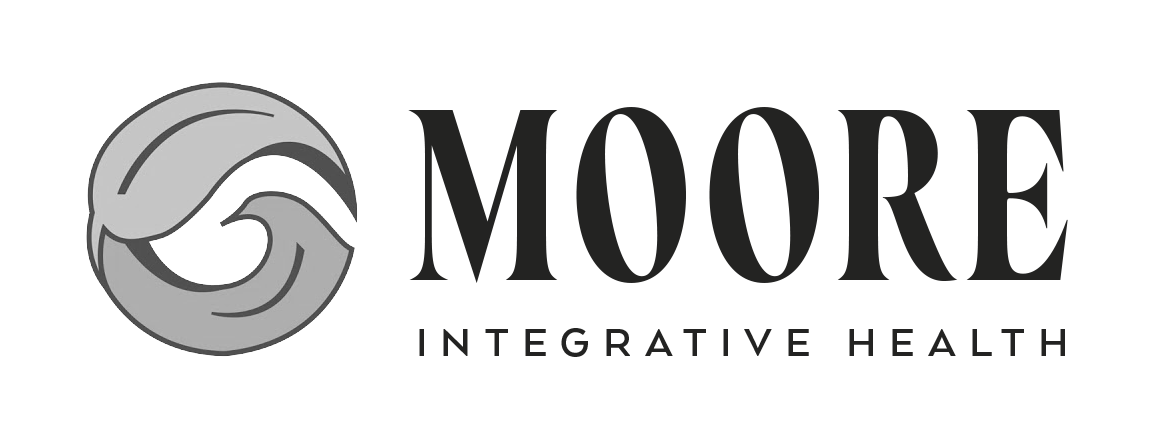Nourishing Balance: The Crucial Role of Nutrition in Managing PCOS
Polycystic Ovary Syndrome (PCOS) is a common endocrine disorder that affects many women worldwide. Characterized by hormonal imbalances, ovarian cysts, and metabolic disturbances, PCOS can have significant impacts on a woman's health and well-being. While there is no cure for PCOS, lifestyle factors, including nutrition, play a crucial role in managing the condition and reducing symptoms. In this comprehensive guide, we'll explore the importance of nutrition in PCOS management and provide practical dietary tips to support overall health and hormonal balance.
Understanding PCOS and Nutrition: PCOS is associated with insulin resistance, which can lead to elevated insulin levels and an increased risk of type 2 diabetes. Additionally, women with PCOS often have higher levels of androgens (male hormones) such as testosterone, which can disrupt menstrual cycles and contribute to symptoms such as acne and hirsutism (excess hair growth).
Nutrition plays a key role in managing PCOS by helping to regulate blood sugar levels, reduce inflammation, and support hormone balance. A balanced diet rich in whole foods can help improve insulin sensitivity, reduce androgen levels, and promote overall health.
Key Nutritional Considerations for PCOS:
Balanced Macronutrients: Aim for a balanced diet that includes complex carbohydrates, lean proteins, and healthy fats. This can help stabilize blood sugar levels and reduce insulin resistance.
Fiber-Rich Foods: Include plenty of fiber-rich foods such as fruits, vegetables, whole grains, and legumes. Fiber can help slow the absorption of sugar and improve gut health.
Healthy Fats: Incorporate sources of healthy fats, such as avocados, nuts, seeds, and olive oil. These fats can help reduce inflammation and support hormone production.
Protein-Rich Foods: Include lean protein sources such as poultry, fish, tofu, and legumes. Protein can help you feel full and support muscle health.
Limit Sugary Foods and Beverages: Reduce your intake of sugary foods and beverages, as they can cause spikes in blood sugar levels and contribute to insulin resistance.
In addition to dietary changes, regular physical activity, stress management, and adequate sleep are also important components of a PCOS management plan. Working with a healthcare provider or nutritionist who specializes in PCOS can help you develop a personalized nutrition and lifestyle plan to manage your symptoms and improve your overall health.
PCOS is a complex condition that requires a comprehensive approach to management. Nutrition plays a crucial role in supporting hormone balance, reducing insulin resistance, and improving overall health in women with PCOS. By making healthy dietary choices and adopting a balanced lifestyle, women with PCOS can take control of their health and improve their quality of life.
Remember, managing PCOS is a journey, and small, sustainable changes can lead to significant improvements in your health and well-being. With the right support and guidance, you can thrive with PCOS and enjoy a fulfilling, healthy life.
Ready to take the next step? Schedule a free introductory consult with us to learn more about managing PCOS through nutrition and lifestyle changes. Let's work together to create a personalized plan for your health and well-being.

